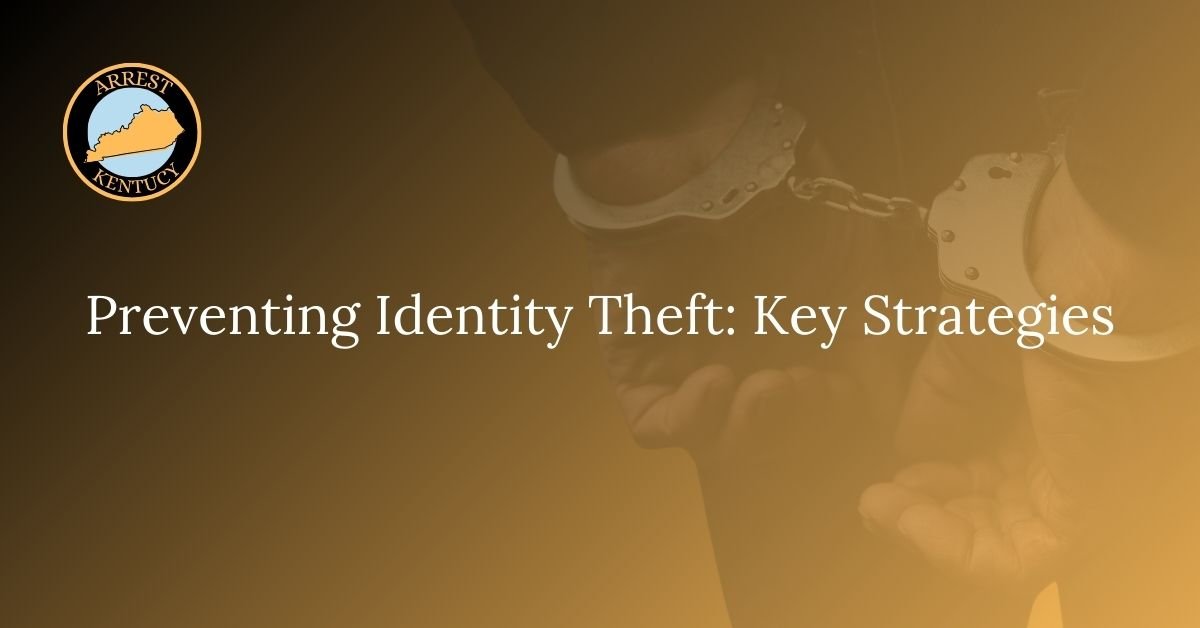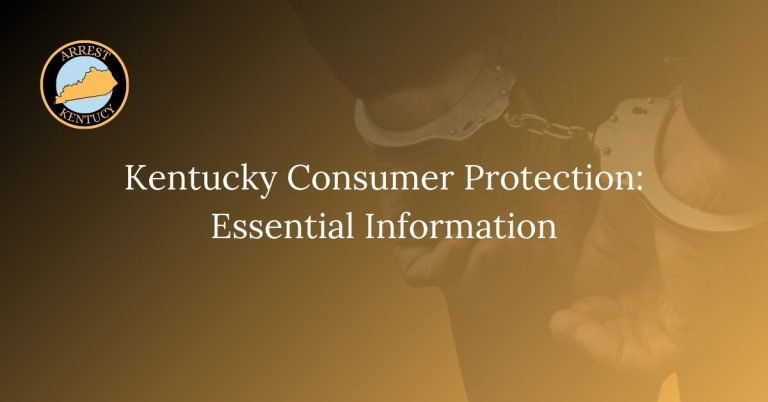Preventing Identity Theft: Key Strategies

In today’s digital landscape, protecting against identity theft has become increasingly vital for both individuals and businesses. Identity theft involves unauthorized access to personal information, potentially leading to financial loss and emotional stress. This guide offers essential tips and strategies to help safeguard your personal data from cybercriminals and fraudsters.
With the rapid advancement of technology, identity thieves are employing increasingly sophisticated methods. Tactics such as phishing scams, data breaches, and social engineering are commonly used to steal personal information. Staying informed about these threats and implementing effective prevention strategies can significantly reduce the risk of falling victim to identity theft.
Understanding the Risks
Identity theft occurs when someone unlawfully acquires your personal details, such as Social Security numbers, credit card information, or passwords, to commit fraud. Cybercriminals may use techniques like phishing emails or hacking to obtain this data. The impacts of identity theft can be severe, including financial losses, damaged credit scores, and emotional distress. Understanding these risks underscores the importance of preventive measures.
Enhancing Password Protection
Passwords are the first line of defense against unauthorized access to your accounts. Creating strong, unique passwords that incorporate a mix of uppercase and lowercase letters, numbers, and special characters can help prevent breaches. Using a password manager to store and manage complex passwords securely is also recommended, as it minimizes the risk of vulnerabilities related to password management.
Protecting Online Personal Data
Safeguarding personal information online is crucial in today’s digital world. Setting privacy controls on social media and online accounts limits access to sensitive data, reducing the risk of unauthorized access. Practices such as using encrypted websites for financial transactions and being cautious about sharing personal details on public forums help protect against cyber threats.
Identifying Phishing Scams
Phishing is a common method used by cybercriminals to deceive individuals into revealing sensitive information. Phishing emails often appear to come from trusted sources, like financial institutions or government agencies and may contain malicious links or requests for personal data. Recognizing phishing attempts and practicing secure email and online communication are essential for protecting yourself from such scams.
Monitoring Financial Activities
Regularly reviewing financial accounts and credit reports is crucial for detecting any suspicious activities or signs of identity theft. Early detection enables prompt action, such as reporting fraudulent transactions or freezing credit to prevent further damage. Enrolling in credit monitoring services provides additional protection by alerting you to significant changes or potential identity theft indicators.
Defending Against Social Engineering
Social engineering involves manipulating individuals into disclosing confidential information through psychological tactics. It is important to exercise caution when sharing personal information, particularly over the phone or in response to unsolicited requests. Recognizing social engineering tactics, such as urgency or coercion, helps protect against these deceptive schemes.
Securing Mobile Devices and Wi-Fi
Mobile devices and public Wi-Fi networks present specific security challenges. To protect sensitive data, use passcodes or biometric authentication on smartphones and tablets. Avoid accessing sensitive accounts or making financial transactions on public Wi-Fi, as these networks may be insecure. Using a virtual private network (VPN) can help secure your connection and safeguard your data from potential cyber threats.
Frequently Asked Questions
For FAQs on preventing identity theft, focus on essential strategies and proactive measures to safeguard personal information and reduce risk.
What is identity theft, and why is it a concern?
Identity theft is a crime where someone unlawfully obtains and uses your personal information, such as Social Security numbers or financial details, to commit fraud or other illegal activities. It is a serious issue because it can lead to financial losses, damage to your credit score, and can be difficult to resolve, causing long-term stress and inconvenience.
How do thieves obtain personal information?
Identity thieves may acquire your information through various methods, including hacking databases, phishing emails, data breaches, stealing physical documents, or social engineering. They may also search through trash to find discarded personal information.
What are the steps to protect my information?
To protect your personal information, shred important documents before disposing of them, avoid sharing sensitive information via email or phone unless you verify the recipient’s legitimacy, use strong and unique passwords, enable multi-factor authentication, and be cautious about sharing personal details on social media. Regularly review your financial statements and credit reports and secure your home Wi-Fi network with strong passwords and encryption.
Is public Wi-Fi safe to use?
Public Wi-Fi networks are often unsecured, making it easier for hackers to intercept your data. Avoid accessing sensitive accounts or transmitting personal information on public Wi-Fi. Instead, use a virtual private network (VPN) to encrypt your connection and enhance security.
What to do if I suspect identity theft?
If you suspect identity theft, immediately contact your bank and credit card issuers, place a fraud alert or freeze on your credit reports, file a complaint with the Federal Trade Commission (FTC), and report the incident to the police. Additionally, monitor your accounts and credit reports closely for any suspicious activity.
Should I carry my Social Security card?
It is advisable to avoid carrying your Social Security card with you unless necessary. Store it securely at home to prevent the risk of loss or theft. Your Social Security number is valuable to identity thieves, and keeping the card with you increases the risk of it being stolen or misused.






